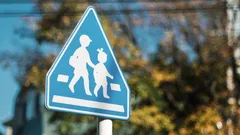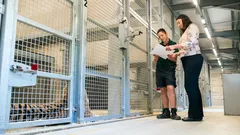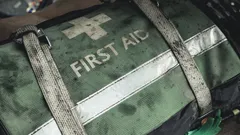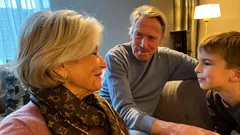93
5
4 minutes
Suggested Articles

First-generation Ivy Leaguers triumph over unique college challenges
Discover key insights, life hacks, and data-driven tips for first-generation college students thriving in prestigious U.S. universities. Find practical strategies, unique challenges, and fresh perspectives essential for student success.

Parents empower kids with smart routines to boost school and neighborhood safety
News & Updates

Simple habits now make your family safer during earthquakes and tsunamis
Civic Education

How prison rehabilitation programs spark hope and second chances
Civic Education

Federal funding delays threaten vital support for US students and schools
News & Updates

Equip your home for any emergency and feel confident, not powerless
Resources & Tools

Parents sacrifice retirement dreams to support adult children financially
News & Updates

Funding freezes put affordable childcare and adult education at risk
News & Updates

Community leaders ignite change and strengthen immigrant rights across America
Volunteer

SNAP and CalFresh cuts hit families hard as food insecurity surges
News & Updates

Student loan forgiveness debate heats up as new proposals shape your future
News & Updates

First-generation Ivy Leaguers triumph over unique college challenges
Hiring

Americans brace for possible Social Security cuts that reshape retirement
News & Updates

Why this Florida data leak changes how we think about privacy
News & Updates

Build your own AI chatbot and unlock hands-on tech superpowers
Resources & Tools

How to outsmart hidden medical expenses in your golden years
Civic Education

California workers secure jobs this summer with new 2025 laws
Hiring
 Love Women Vibes
Love Women Vibes

Comments